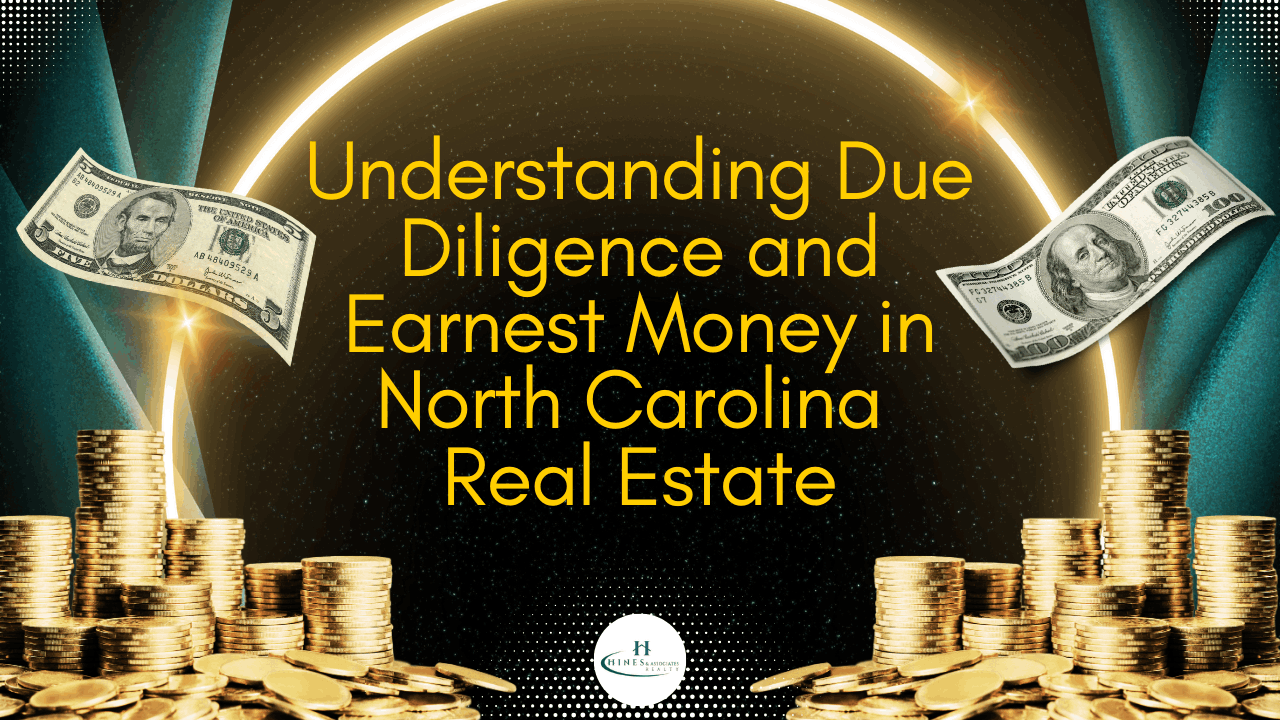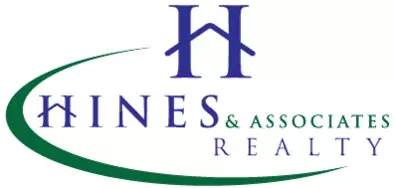Understanding Due Diligence and Earnest Money in North Carolina Real Estate

Buying a home is exciting, but the process can feel a bit overwhelming—especially when unfamiliar terms start popping up. If you’re house hunting in North Carolina, two terms you’ll hear a lot are Due Diligence and Earnest Money. They might sound like just more real estate jargon, but they play an important role in protecting both you and the seller. Let’s break them down and explain why they matter.
What’s the Due Diligence Fee?
Think of the Due Diligence Fee as your way of saying to the seller, “I’m serious about buying your home, but I need a little time to make sure everything checks out.” After your offer is accepted, you’ll pay this non-refundable fee directly to the seller. It compensates them for taking the house off the market while you do your homework—things like scheduling inspections, getting the property appraised, or securing financing.
During this due diligence period, the seller agrees not to entertain other offers, which gives you some peace of mind. But, there’s a catch: if you decide not to move forward with the purchase, the seller keeps the due diligence fee. That’s why it’s important to feel confident about the house before you make this payment. The good news is that if you do end up buying the house, the fee goes toward your purchase price.
And What’s Earnest Money?
While the Due Diligence Fee shows the seller you’re serious, Earnest Money kicks it up a notch. Think of it as a security deposit—money that shows your intent to follow through on buying the home. But unlike the Due Diligence Fee, Earnest Money doesn’t go straight to the seller. It’s held in an escrow account (basically, a safe, third-party account) until the deal is done.
Here’s where Earnest Money can be a little different: it’s often refundable. If you back out during the due diligence period, you typically get your earnest money back. But if you cancel the deal after the due diligence period ends, the seller may be able to keep it. Just like the Due Diligence Fee, if you complete the purchase, the earnest money gets applied toward your home’s purchase price.
Why Do These Payments Matter?
These payments are designed to keep things fair for both sides. For sellers, they provide security and compensation for taking their home off the market while you figure out if you’re ready to commit. For buyers, they buy you time to make sure the house is the right fit without the pressure of someone else swooping in with a better offer.
It’s worth noting that the amounts for both the Due Diligence Fee and Earnest Money are negotiable. Your real estate agent can guide you on what’s reasonable for the property and the situation, so don’t be shy about having that conversation.
Final Thoughts
Buying a home in North Carolina comes with a few unique steps, and understanding Due Diligence and Earnest Money is key. These payments give both you and the seller some security, and they’re there to help make the home-buying process smoother for everyone involved.
Whether you’re a first-time buyer or you’ve been through this before, make sure you know how much you’re comfortable putting down and what happens if things change. A great real estate agent can be a huge help, ensuring you feel confident and informed every step of the way.
Categories
Recent Posts











